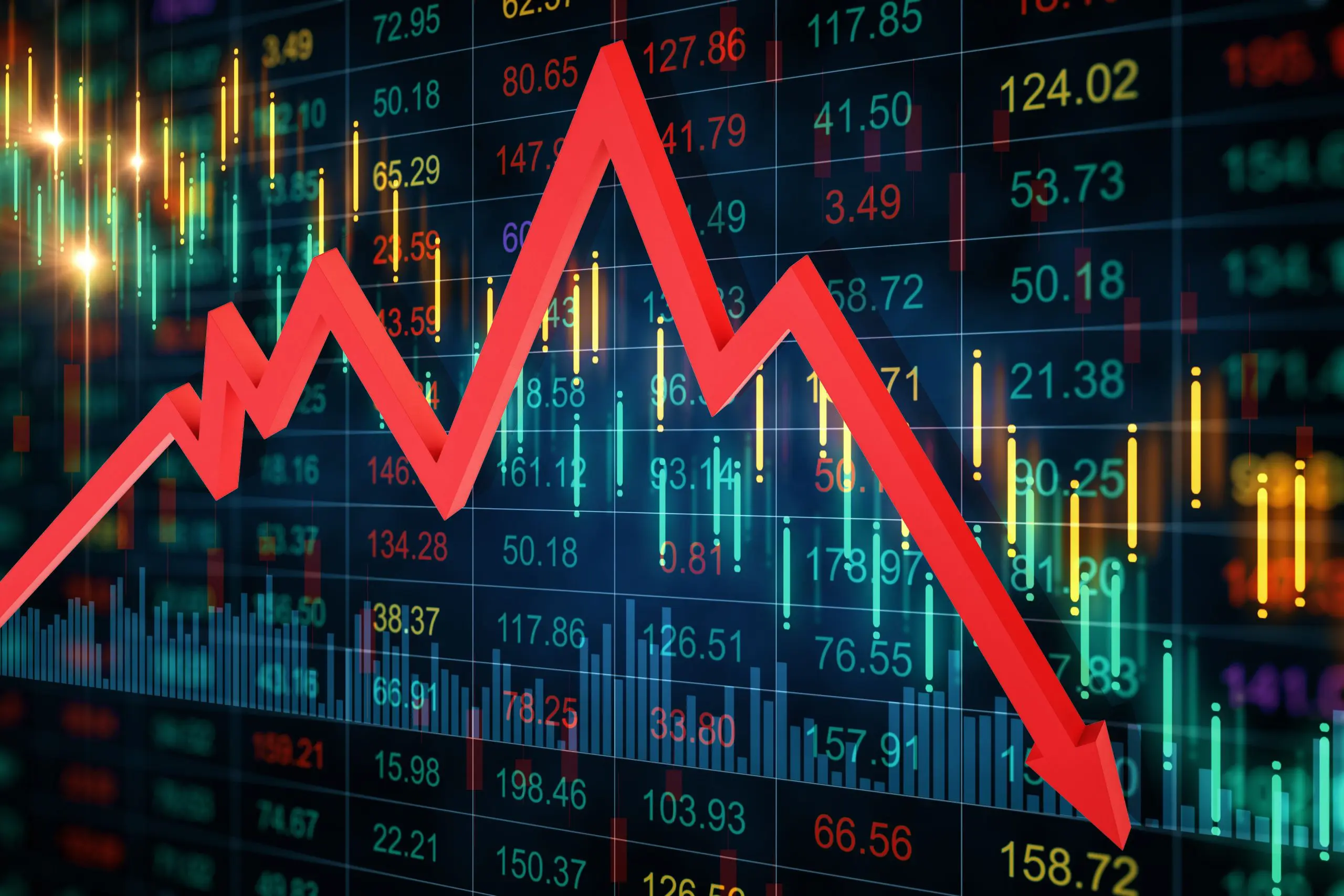As we enter 2024, the buzz in the financial industry has centered around the ability of investors to invest in the price movement of Bitcoins more easily. That is because, on January 10, the Securities and Exchange Commission approved the listing and trading of several spot bitcoin exchange-traded products (ETFs). This past week, no less than eleven exchange-traded funds launched which track the price of bitcoin.
We understand that many people still don’t know what Bitcoin is or what it does. So, let’s start there. For simplicity’s sake, let’s use this image below of a bag of marshmallows as a proxy for what Bitcoin looks like.

Credit: homank76 – stock.adobe.com
Those look pretty tasty, but you can’t eat the real Bitcoin. So maybe marshmallows are a bad example. Let’s try something else to be a proxy for what Bitcoin looks like.

Ah yes. A bag or rocks. Not very tasty, and as Charlie Brown will tell you, rocks do not make for a great Halloween.
Unlike a bag of rocks and marshmallows, for that matter, bitcoin is an intangible asset.
What Does Bitcoin Do?
Currently, Bitcoins do not do much other than go up or down in value for no apparent reason.
So Why All The Fuss?
All kidding aside, Bitcoin is a form of digital currency that allows buyers and sellers to transact business without using an intermediary, such as a bank, to handle the transaction.
Its allure is twofold. First, some hope that Bitcoin will replace paper money and other forms of digital currency, such as credit cards, making it easier for people to do business while also bringing the transaction cost down. The second attraction is more speculative in that as its use becomes more mainstream, the value of Bitcoin will increase.
This second reason has us concerned that people will invest too much in Bitcoin now that it is more easily accessible and, in the process, lose a lot of money. The reason for this concern is the value of a single Bitcoin is only based on what someone else is willing to pay for it. As more buyers come into the market through the offerings of these eleven ETFs, more buyers should push the price higher. At some point, however, if the pool of buyers runs out before the value of Bitcoin becomes more tangible, the price of Bitcoin will begin to fall and could fall fast.
This reminds us of Tulip Mania back in 1634 when the price of tulips went up extraordinarily high in value for no real reason, only to crash in 1637.
All asset classes have some degree of speculation attached to them. Many times, speculation can be mitigated by diversification (owning a lot of different stocks or bonds, for example) or by lengthening your time horizon for holding investments (long-term buy and hold versus day trader, for example).
But stocks and bonds intrinsically have value. Presumably, when you own shares of stock, you are an owner of the company and entitled to share in the profits and losses of the business. While the shares are intangible, they represent tangible business ownership. You buy a bond that enables you to receive interest payments (if not a zero-coupon bond) and your principal back at maturity. The bond itself is not tangible, and the paper it’s printed on is not worth much, but to the issuer and owner of the bond, it does indeed have value.
There are other parts of Bitcoin that are troubling. Since its use is not widespread, if people decide that Ethereum has a better long-term stock price potential than the price of Bitcoin, they will start selling Bitcoin and buying Ethereum instead.
Bitcoin is a virtual coin, so there is no tangible property to hold. Instead, it is held in a digital wallet that contains an encryption code you must use to access it. If you lose the code, you lose access to your Bitcoin.
Since one coin can currently be worth $45,000, how would you transact business with it? You can’t shave pieces of it off to pay for groceries. It is the same problem that gold bars have.
The proverbial barn door has been opened, and we do not see a way that door gets shut anytime soon. The hope is for more transparency now that old-line investment firms offer ETFs to buy Bitcoin. More openness and ease of buying and selling could ultimately lead to better outcomes for Bitcoin and those who trade in it. But before that happens, some pain may be felt by those speculating on its price movements and viability as a digital currency.
Are you interested in reading more about Bitcoin? Many of the books read like a mystery book or true crime novel.
Here’s an idea. Use the bag of rocks to build a firepit. Roast the marshmallows over the fire pit and dig into these two books:
Bitcoin Billionaires: A True Story of Genius, Betrayal, and Redemption, By Ben Mezrich
Numbers Go Up: Inside Crypto’s Wild Rise and Staggering Fall. By Zeke Faux
As always, we are available to answer any questions you may have about your financial plan and investment portfolio. Our goal is always to ensure you can maintain your financial independence.
Disclaimer: EKS Associates is not affiliated with Amazon.com or any of its affiliates and does not earn any commissions on your purchases, even if we supply the links as a resource.



